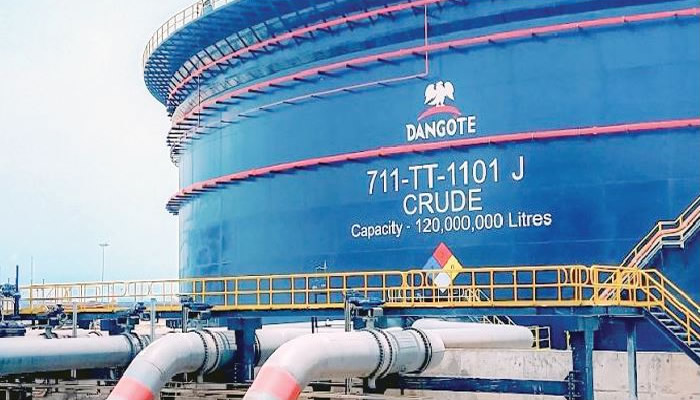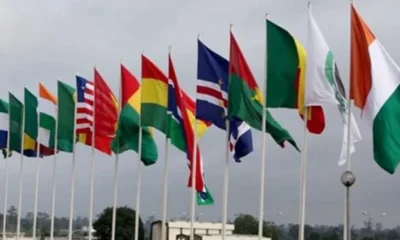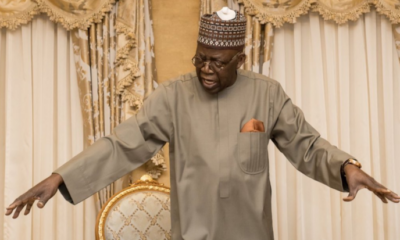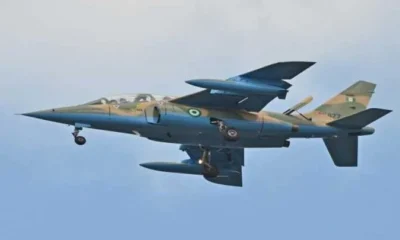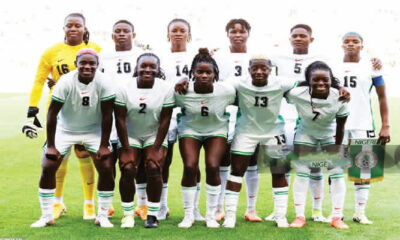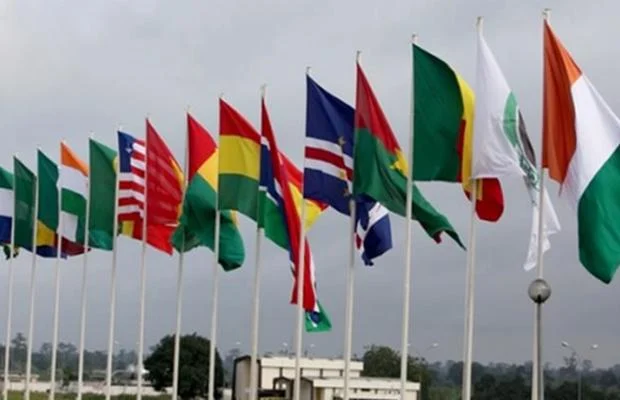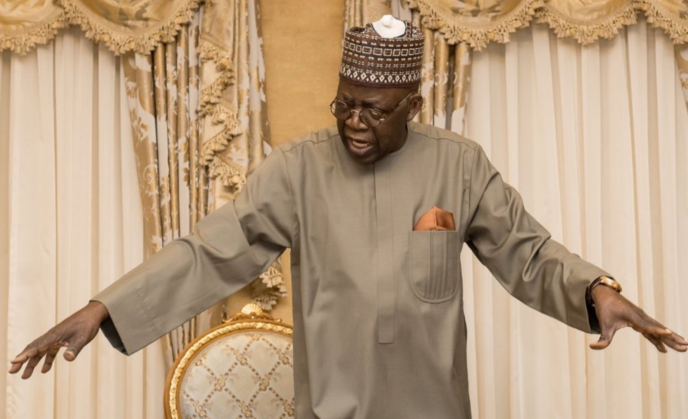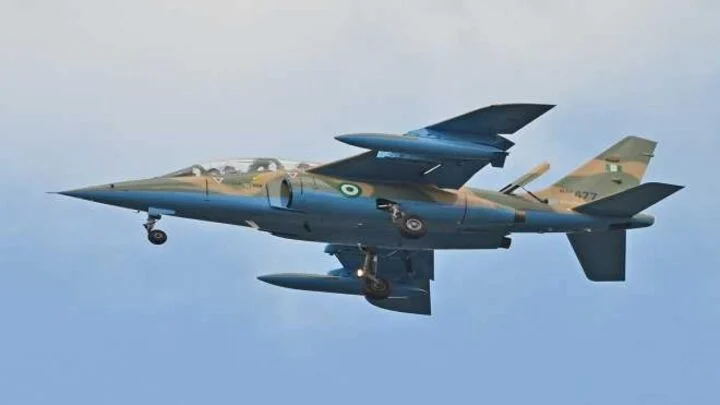The Nigerian National Petroleum Company Limited has announced that it secured a $1bn loan backed by crude oil to support the upcoming launch of the 650,000 barrels per day Dangote Petroleum Refinery.
It also disclosed that the company facilitated the $3bn Gazelle loan as a critical intervention to help stabilise the federation’s foreign exchange crisis.
The Chief Corporate Communications Officer, Mr Olufemi Soneye, shared these details at the Energy Relations Stakeholders Engagement in Abuja on Monday.
Recall that in January 2024, the national oil firm arranged a syndicated $3.3bn crude oil prepayment facility in partnership with Afreximbank.
The bank described the deal as the largest crude-backed facility in Nigeria and one of the largest syndicated debts raised in Africa.
During the event, the spokesperson emphasized that these initiatives are a testament to NNPCL’s commitment to driving national development partnerships.
He stated that under the leadership of Mele Kyari, NNPC Ltd has achieved groundbreaking milestones, redefining the trajectory of Nigeria’s oil and gas sector.
“Under the visionary leadership of Mele Kyari, NNPC Ltd has achieved groundbreaking milestones, redefining the trajectory of Nigeria’s oil and gas sector. Additionally, Kyari facilitated the $3bn Gazelle loan, a critical intervention that helped stabilise the federation during a challenging foreign exchange crisis,” Soneye said.
Regarding the support for Dangote, he added, “A strategic decision to secure a $1bn loan backed by NNPC’s crude was instrumental in supporting the Dangote refinery during liquidity challenges, paving the way for the establishment of Nigeria’s first private refinery.
“This initiative underscores NNPC’s dedication to fostering public-private partnerships that drive national development.”
Soneye also highlighted the restart of the Port Harcourt Refining Company, calling it a significant turning point in Nigeria’s pursuit of energy self-sufficiency, further reinforcing the company’s commitment to revitalising the nation’s refining capacity.
He pointed out that the national oil firm had championed the adoption of Compressed Natural Gas as an alternative energy source, offering Nigerians a cleaner and more cost-effective solution amidst rising global energy costs.
He reflected on NNPC’s historic achievement of declaring a profit for the first time in decades, marking a major financial turnaround.
Soneye further noted that the company had already exceeded its profit projections for 2024, demonstrating the transformative impact of the firm’s reforms.
He pledged that as a responsible energy company, NNPCL would continue to strengthen Nigeria’s energy sector while solidifying its legacy as a transformative force and a global game-changer.
At the stakeholders’ meeting, he emphasized that NNPCL recognizes the important roles stakeholders play in shaping the future of energy in Nigeria and beyond.
He stressed, “Together, we stand at the forefront of a transformative era in the global energy landscape, where collaboration, innovation, and sustainability are key to success.”
Energy relations, he said, form the foundation of NNPC Ltd’s operations and strategic aspirations as an integrated energy company.
Soneye concluded by stating that NNPCL remains committed to fostering meaningful relationships, driving excellence, and delivering value across the energy value chain.
He added that the meeting highlighted the shared vision to ensure energy security, economic growth, and environmental stewardship for the benefit of all.
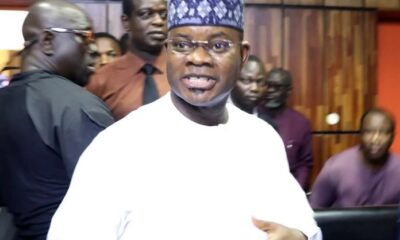
 BIG STORY5 days ago
BIG STORY5 days ago
 BIG STORY5 days ago
BIG STORY5 days ago
 BIG STORY5 days ago
BIG STORY5 days ago
 BIG STORY4 days ago
BIG STORY4 days ago
 BIG STORY2 days ago
BIG STORY2 days ago
 BIG STORY2 days ago
BIG STORY2 days ago
 BIG STORY2 days ago
BIG STORY2 days ago
 BIG STORY5 days ago
BIG STORY5 days ago




